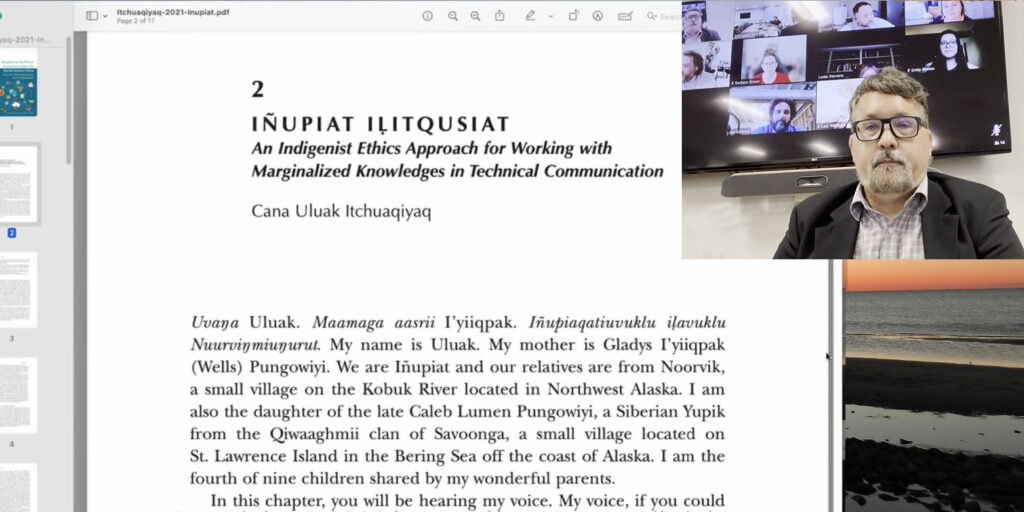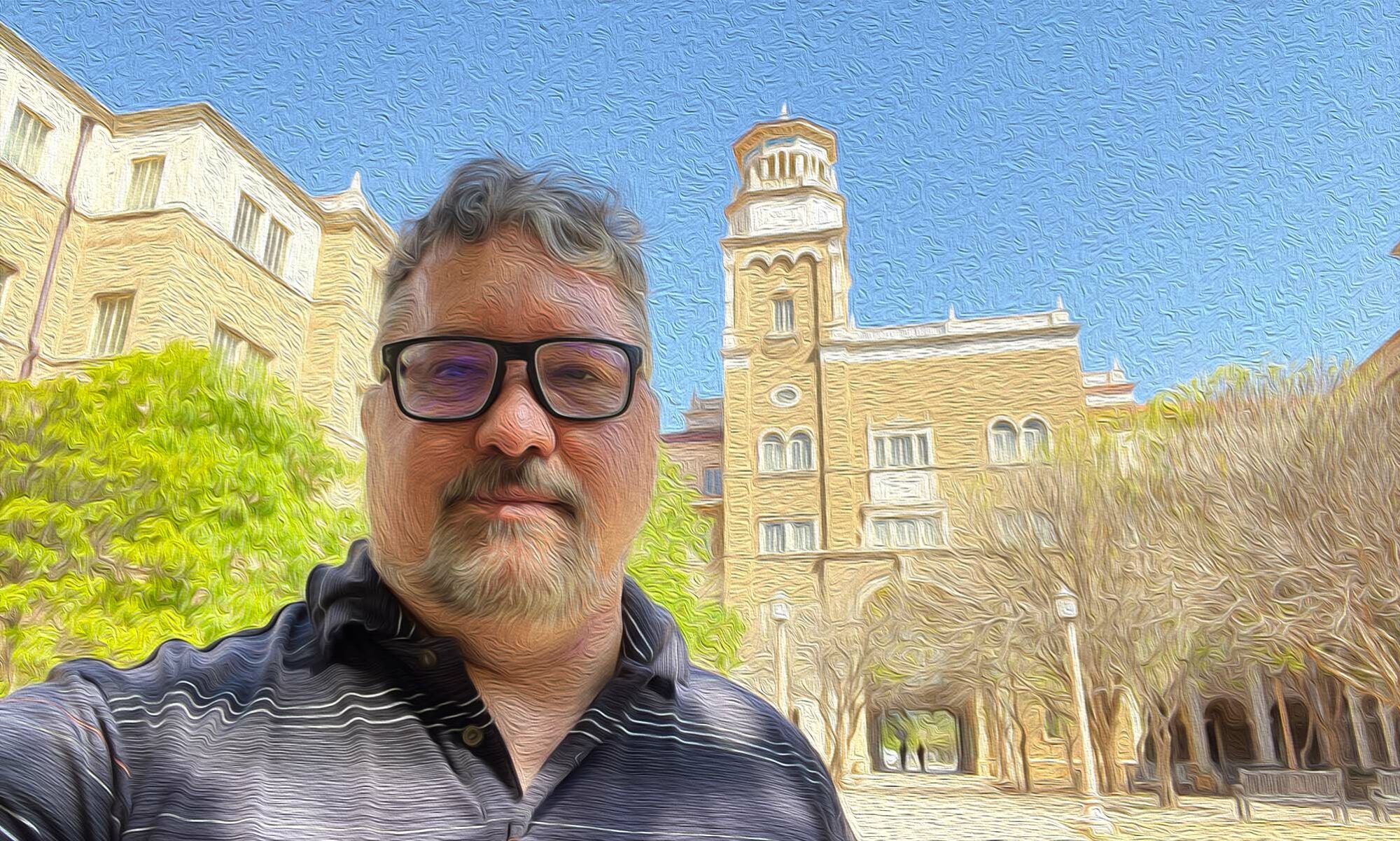ENGL 5371 is a hybrid course (both in-person and synchronous online) that will focus on theoretical and practical issues in technical communication, giving students a strong basis from which to continue their graduate studies and work in the profession. Students will read and write about theories, trends, and issues in the profession; explore the historical growth of technical communication; learn about research issues they might encounter in more depth later in their studies; and develop a stronger sense of professional identities and values.

This course will provide students with a broad introduction to technical communication as a practice, as a profession, and as an academic discipline or field. Twenty years ago, Johnson-Eilola and Selber (2001) observed that courses like this one “are a crucial educational site because they introduce students from disparate backgrounds to the field of technical communication” (p. 426). Following their suggestion, this course will explore technical communication through a “three-dimensional space of thinking, doing, and teaching” (Johnson-Eilola & Selber, 2001, p. 405). That is, we will explore thinking about technical communication as a site of research and theory; doing technical communication in practitioner settings; and teaching technical communication as a site of praxis (the confluence of theory and practice).
Technical communication as a practice and as an academic discipline often gets a bad reputation, seen as rote or the mere mechanical and transparent communication of complex ideas to either specialized or lay audiences. However, technical communication is quite complex and practiced (and researched) as a contingent process in a wide variety of settings. Together, through readings and assignments, we will explore the following questions:
- How is technical communication defined—as a profession, as a practice, and as a field of study?
- What is the history of the field and profession? What theoretical perspectives influence the practice and study of technical communication?
- How do practitioners and academics produce knowledge in the field? What methods are used and valued?
- What do practitioners in technical communication produce and how? What do scholars in the field produce and how?
What are emerging trends in the field and profession regarding technical communication practice, theory, research, and pedagogy?
- ENGL 5371 syllabus, Fall 2023
- The Blackboard website for ENGL 5371, Fall 2023.
- a video recording, from the first day of class
